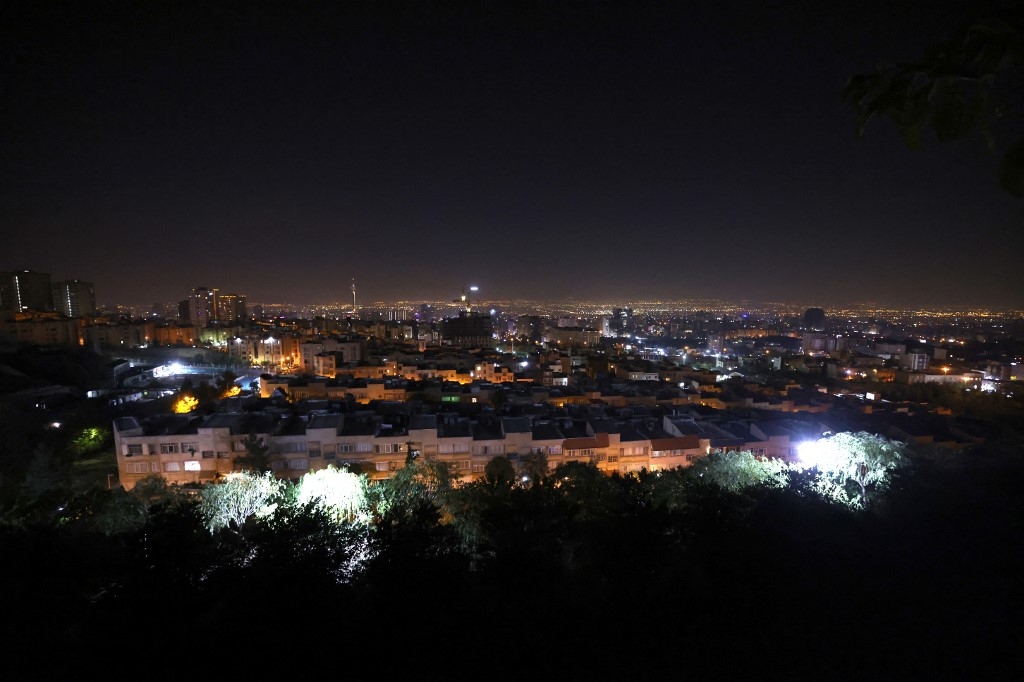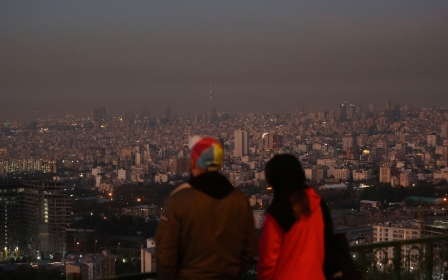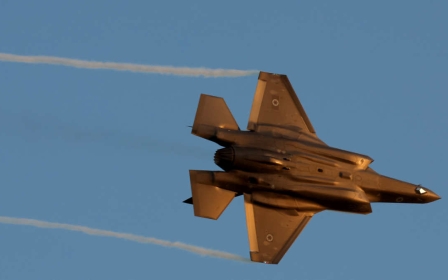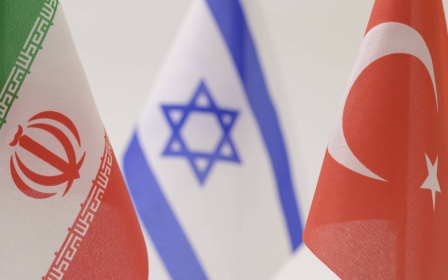Israel's attack on Iran: How the world reacted

Regional and world governments have denounced Israel's attack on Iran on Saturday, calling it an assault on sovereignty and urging restraint between the two regional foes.
Israel struck several military sites in Iran in the early hours of Saturday after weeks of anticipation of a response to Iranian missile attacks on Israel on 1 October.
Officials said air defences activated and successfully repelled many of the strikes, while others caused "limited damage".
Explosions were first heard in Tehran and elsewhere in Iran around 2am (10.30pm GMT).
"Per state media and social media commentary, Tehran appears to be downplaying the Israeli response: reports say it was 'successfully intercepted and countered' and claims Israel’s version of events is an 'absolute fabrication'," said Holly Dagres, a nonresident senior fellow at the Atlantic Council, speaking to Middle East Eye.
New MEE newsletter: Jerusalem Dispatch
Sign up to get the latest insights and analysis on Israel-Palestine, alongside Turkey Unpacked and other MEE newsletters
"Nevertheless, Israel's response was the first time a country directly attacked Iran since Iraq during the 1980s (Pakistan technically did this year, but it was reportedly targeting insurgents). The extent of the damage won’t be known until the coming days and weeks when there’s more information available."
Reacting to the attack, Saudi Arabia called on all those involved to “exercise the utmost restraint and reduce escalation" in the region.
“The kingdom affirms its firm position in its rejection of the continued escalation in the region and the expansion of the conflict that threatens the security and stability of the countries and peoples of the region,” the Saudi foreign ministry said in a statement.
Former rivals Iran and Saudi Arabia have repaired relations in recent years, while the kingdom's attempts to normalise its relations with Israel have largely collapsed since the beginning of the war on Gaza in October 2023.
The United Arab Emirates, which normalised relations with Israel in 2020, also condemned the attack on Iran and voiced "deep concern" for the "repercussions on regional security and stability".
Pakistan also condemned the attack, branding it "a dangerous escalation in an already volatile region", while Malaysia said it was a “clear violation of international law."
Iraq denounced global inaction against the "occupying Zionist entity", which it said was continuing its "aggressive policies and widening the conflict in the region through blatant attacks that it carries out with impunity."
Since the Hamas-led attack last October and the ensuing war on Gaza, Israeli attacks on Iran and its allies have drawn Tehran into direct confrontations with Israel.
Israel said its strikes were a reply to a massive Iranian ballistic missile attack on 1 October, which Iran said it launched in response to Israel's killing of Hamas leader Ismail Haniyeh in Tehran and Hezbollah Secretary General Hassan Nasrallah and an Iranian commander in Beirut.
Hamas on Saturday condemned Israel's attack on Iran as an act of "aggression".
"The Islamic Resistance Movement [Hamas] strongly condemns the Zionist aggression against the Islamic Republic of Iran, targeting military sites in multiple provinces," the group said in a statement.
"We consider this a flagrant violation of Iranian sovereignty and an escalation that threatens the security of the region and the safety of its people, placing full responsibility on the occupation for the consequences of this aggression, supported by the United States of America."
'Right to self-defence'
Israel's allies defended the attack on Iran, stressing its right to defend itself, though some called for an end to the tit-for-tat operations.
American Defense Secretary Lloyd Austin "reaffirmed the ironclad commitment of the United States to Israel's security and right to self-defence" during a call with his Israeli counterpart, Yoav Gallant, on Saturday.
"The secretary emphasised the enhanced force posture of the United States to defend US personnel, Israel and partners across the region in the face of threats from Iran and Iran-backed terrorist organisations and the US determination to prevent any actor from exploiting tensions or expanding the conflict in the region," read the statement.
France also urged all parties "to refrain from any escalation and action likely to aggravate the context of extreme tension".
British Prime Minister Keir Starmer on Saturday called for restraint after Israel's attack on Iran.
"I am clear that Israel has the right to defend itself against Iranian aggression. I'm equally clear that we need to avoid further regional escalation and urge all sides to show restraint. Iran should not respond," he said at a press conference in Samoa.
Middle East Eye delivers independent and unrivalled coverage and analysis of the Middle East, North Africa and beyond. To learn more about republishing this content and the associated fees, please fill out this form. More about MEE can be found here.





